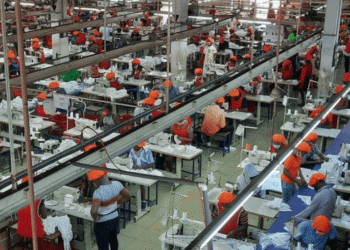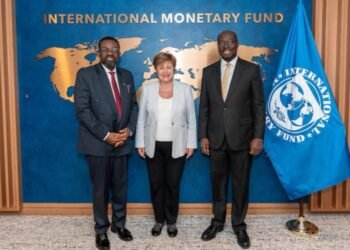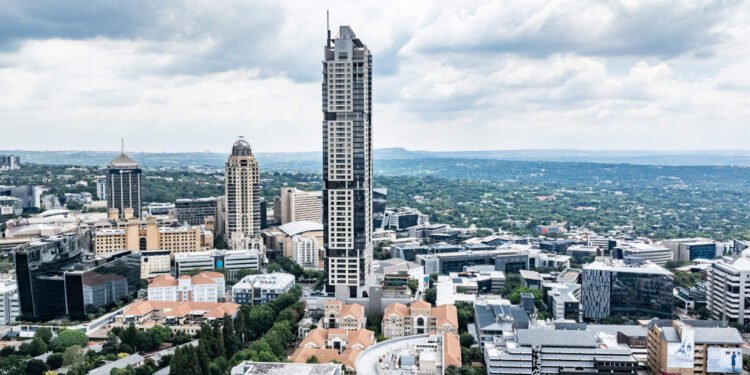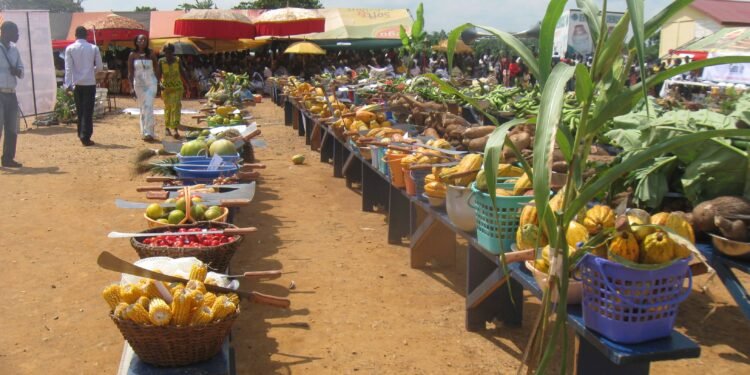It seems like Ghana’s economic woes will not be slowing down anytime soon as the country’s year-on-year inflation rate surged to a 22-year record high of 54.1% in December 2022, up from 50.3% recorded in the previous month- November, 2022.
According to the Consumer Price Index (CPI), data released by the Ghana Statistical Service (GSS), December’s inflation was mainly driven by steep increases in food, transport, furnishing, and household equipment expenses as well as housing, water, electricity, gas, and other fuels.
December’s inflation reading is the highest since April 2001, when it was at 59.7%, while the current rate is the seventh-highest inflation rate in the world among 120 nations in the world whose data is available.
Prof. Samuel Kobina Annim, the Government Statistician, in a press briefing in Accra, explained that the current inflation rate means that general average price levels were 54.1% higher in December this year than the corresponding month last year.
A cursory look at the data showed that five sub-categories recorded year-on-year inflation rates above the national average. These include: housing, water, electricity, gas, and other fuels stood at 82.34% with a month-on-month increase of 2.90%; Furnishing and household equipment recorded a year-on-year surge of 71.52% with a month-on-month rise of 5.04%; transport on the other hand, also rose to 71.42% year-on-year; personal care, social protection, and music services (60.94%); and Food and non-alcoholic beverages (59.71%).
Disaggregation of the December Inflation
On a month-on-month basis, the data indicated that inflation between November and December 2022 was 3.8%, which comparatively, is lower than the previous month-on-month rate of 8.6%. In December, five sub-categories recorded month-on-month inflation rates higher than the national average with transport again experiencing the largest increase of 6.65%.
The other two sub-categories with high rates than the national month-on-month averages were Recreation, Sports and Culture (0.30%%) as well as clothing and footwear (3.42%).
The Insurance and financial services sub-class, which recorded the least year-on-year inflation rate (10.72%), experienced a month-on-month inflation of 0.54% in December 2022.
According to the data, year-on-year food inflation for the month of December 2022 was 59.7%, up from 55.3% recorded in November. However, the non-food inflation was 49.9%, which is an increase from the previous month which was 46.5%.
Focusing on food inflation on a year-on-year basis for December, 8 subclasses recorded higher rates. Water led the sub-group with (94.2%), fruit and vegetable juices (84.6%); milk, other dairy products, and eggs (82.2%); and Sugar, Confectionery, and desserts (76.0%). Others include Tea, mate’ and other plant products for infusion (77.7%); Cereals and cereal products (72.3%); Fish and other seafood (65.7%) as well as Fruits and nuts (58.6%).
The Regional analysis showed that the Greater Accra Region (50.9%) recorded the highest year-on-year inflation rate, followed by the Ashanti Region (25.5%) and Eastern (17.7%). However, North-East Region recorded the lowest inflation rate of 0.9% in December 2022.
Ghana is currently suffering from a twin economic crisis- inflation and depreciation of the cedi, which led to the country going to the International Monetary Fund (IMF) in July to ask for a financial bailout. Subsequently, A staff-level agreement with the IMF for a $3 billion, three-year support package was secured in December, where debt restructuring is a condition to access the funds.
According to analysts, the slump of the cedi last year can be blamed for the surge in December inflation, as government spending cuts and central bank interest rate hikes failed to tame price rises. However, the appreciation of the cedi in December which led to a 15.3% reduction in transport fares is likely to bring down inflation in January when the GSS announces January’s figures next month.
READ ALSO: IDA CEO Renews Commitment to Rehabilitate Abandoned Irrigation Schemes























